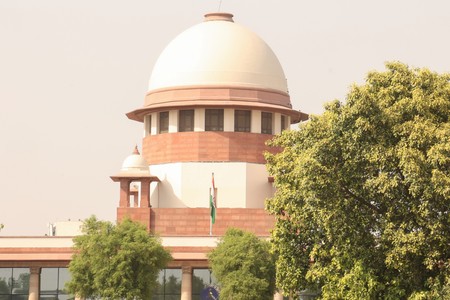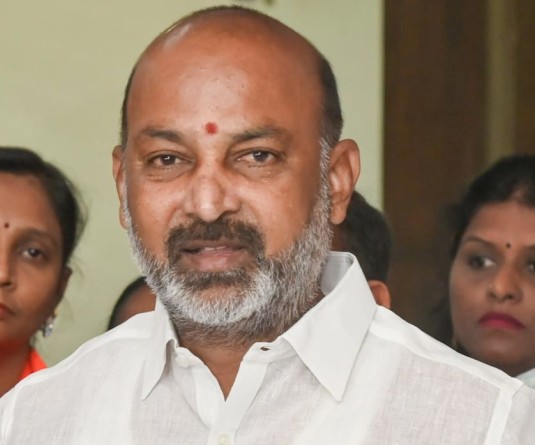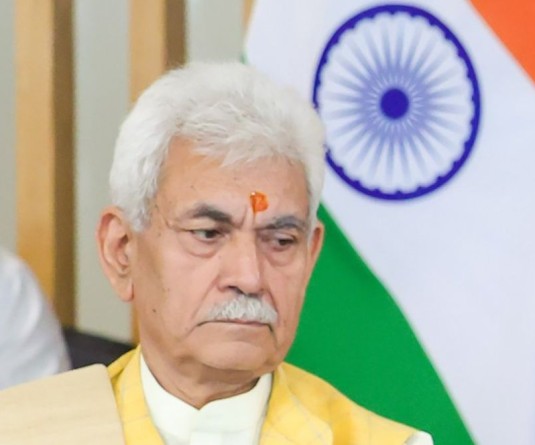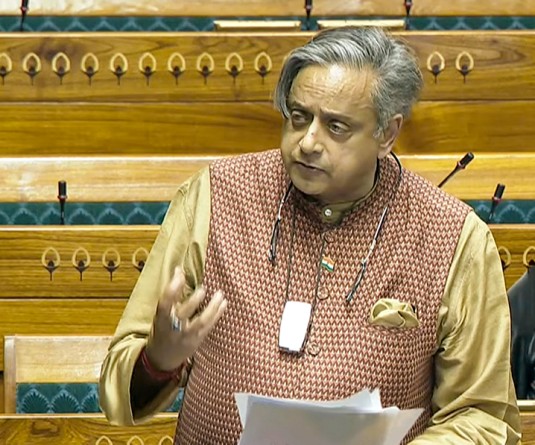Supreme Court of India. (IANS Photo)

New Delhi, October 13 (IANS): The Supreme Court on Monday refused to entertain a public interest litigation (PIL) alleging grave irregularities in electoral rolls across states. A Bench of Justices Surya Kant and Joymalya Bagchi told the petitioner to raise the issue before the Election Commission of India (ECI).
In response, the petitioner’s counsel submitted that a representation had already been made to the poll body regarding irregularities in the voters’ list, but “no effective action or response” had been received.
However, the apex court refused to entertain the plea filed in public interest, observing that the petitioner may pursue such remedies as are available under the law.
The PIL sought urgent judicial intervention to ensure the integrity of the electoral process and uphold the constitutional mandate of “one person, one vote”. As per the PIL, “the names of the same voters have been found registered in multiple constituencies, which is in clear violation of the provisions of the Constitution of India.”
The petition, filed through advocate Kausar Raza Faridi, has cited specific instances where individuals have been found registered in multiple constituencies across the country.
The PIL claimed that one voter is registered in Mahadevapura (Bengaluru), Lucknow East, and Jogeshwari East (Maharashtra). Similarly, another individual is registered simultaneously in the Mahadevapura and Varanasi Cantonment constituencies.
“The EPIC number issued by the Election Commission of India is uniquely allotted to an individual, however, in the present case, the aforementioned voter is found to be registered in multiple constituencies, clearly indicating that the same person holds voting rights in four constituencies within the country, which is in direct violation of the prevailing laws and the constitutional mandate ensuring one person, one vote,” the plea alleged.
It further said that within a single constituency, “approximately 10,652 voters across various booths have identical particulars such as house number or father’s name”.
The PIL claimed that in the same constituency there exist “40,009 invalid voters and 10,452 duplicate entries.”
The petition raises serious concerns about sudden and disproportionate voter additions in Maharashtra, after the 2024 Lok Sabha elections and prior to the Vidhan Sabha elections.
“Within a span of approximately four months, about 39 lakh new voters were added to the electoral roll, whereas in the preceding five years only around 50 lakh voters had been added,” the plea said, calling the surge “a serious question on the transparency of the Election Commission in the process of addition of names to the voter list.”
It also refers to an FIR lodged by an Election Officer in Karnataka’s Kalaburagi, after suspicious additions and deletions were detected in electoral rolls.
“The CID has sought clarification from the Election Commission of India on approximately 20 occasions, yet no reply has been furnished, nor has there been any cooperation,” the petition stated.
The PIL cited an example from Chandrapur Constituency No. 71 in Maharashtra where “approximately 80 voters are registered at the same house, where it has been discovered that no one is presently residing.”
The plea also annexed the testimony of a 63-year-old voter, whose name was deleted without her knowledge. “During the election, I haven't filed any deletion application. I have no connection with it. I have no idea who has done it,” she stated.
Arguing that these irregularities violate Articles 14, 21, 324, and 326 of the Constitution, the petition said, “Such manipulation of the voter list strikes at the very root of the constitutional guarantee enshrined under Article 326 (universal adult suffrage), violates Article 324 (superintendence of free and fair elections by the Election Commission of India), and directly infringes Articles 14 and 21 of the Constitution of India, which safeguard equality before law and the right to meaningfully participate in democratic governance.”
Referring to a series of previous apex court judgements, the PIL said the Supreme Court has consistently held that free and fair elections form part of the basic structure of the Constitution.






